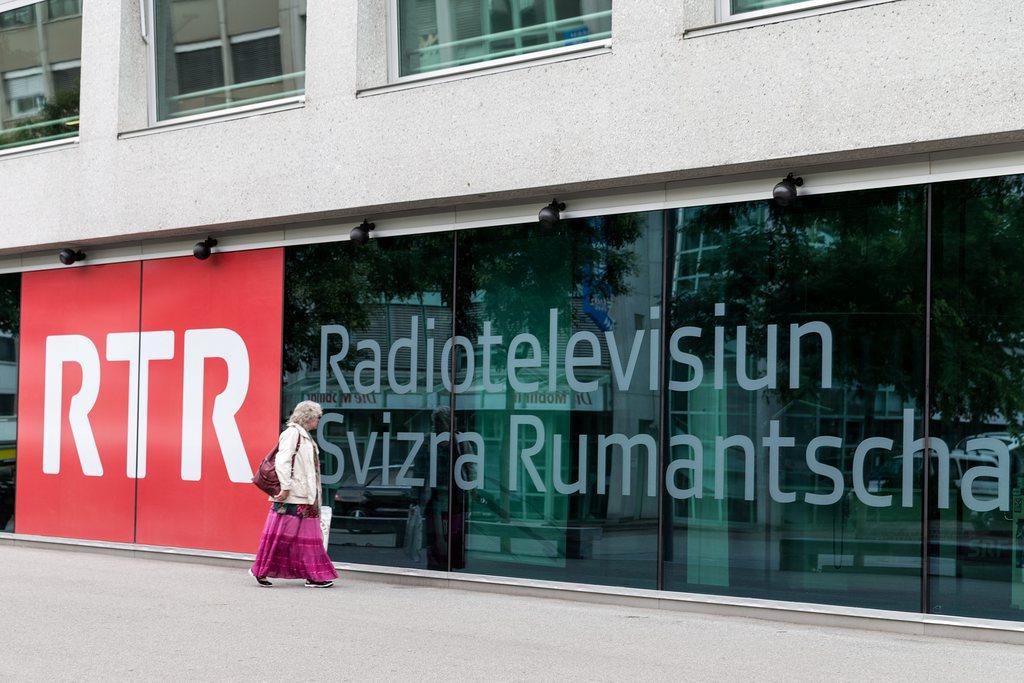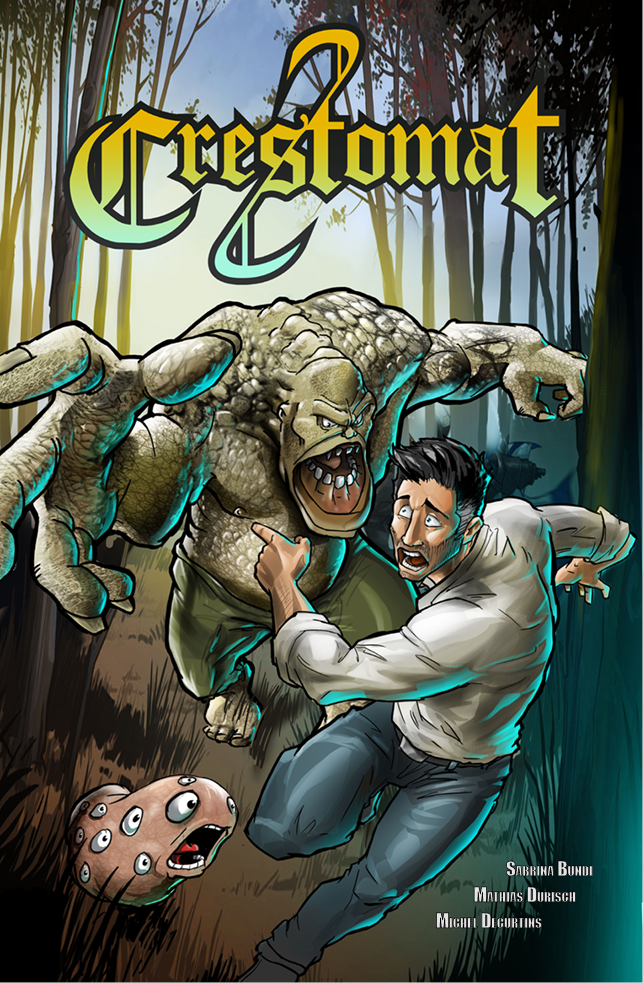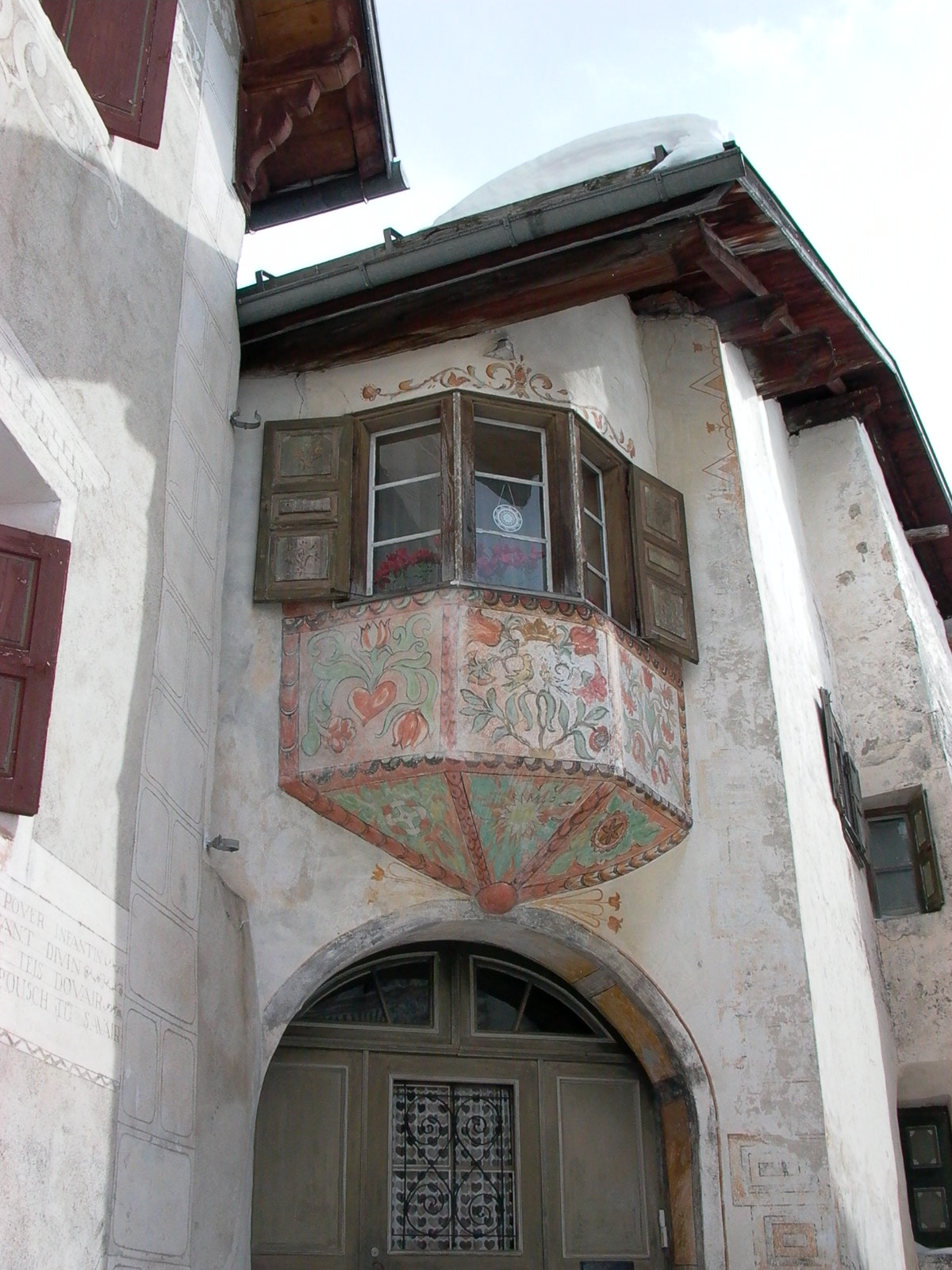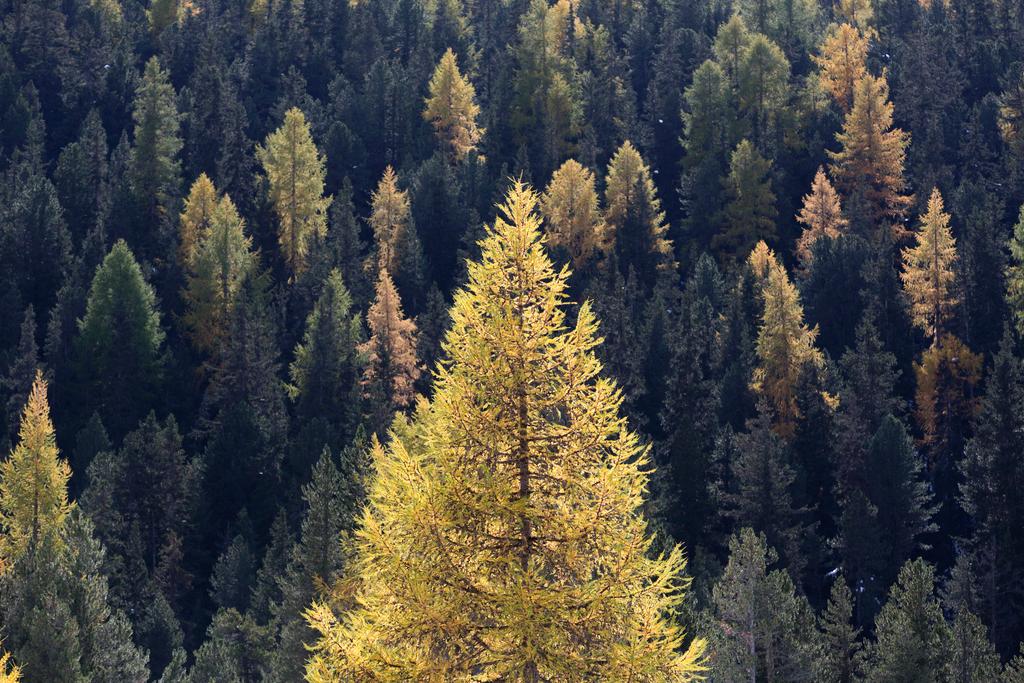Romansh speakers called on to identify themselves

How many Romansh speakers live in Switzerland? No one really knows – estimates vary from as few as 30,000 to up to 100,000. This situation is unacceptable for the umbrella organisation for Switzerland’s least-spoken national language.
In order to try to get a more accurate picture, Lia RumantschaExternal link, which works to maintain and promote Romansh, is now calling on people to stand up and be counted by signing a register.
The most recent national census was taken 15 years ago and according to that, just under 34,000 people said Romansh was their main language. However, this figure – and most others which float around – is considered controversial, not to say out of date, by the Romansh community.
“The census asked people what language they spoke best – and 30,000 said Romansh,” explained Erwin Ardüser from swissinfo.ch’s Romansh-speaking sister organisation, Swiss national television and radio, RTR.External link
“But about 60,000 people will say ‘I am Romansh, but Romansh is not my main language because at work I mostly need Swiss-German’. Then there’s the 100,000 figure which is the result of various surveys – also those done by RTR – which found that in Switzerland 100,000 people can understand Romansh.”
Ardüser admits it is a problem not knowing exactly how many people RTR is broadcasting to.
“We know that there are 100,000 people, for example, but we don’t know where they are,” he told swissinfo.ch. “Immigration out of the valleys means most Romansh speakers now no longer live in the traditional areas but in Zurich, in Bern, in Lugano or in Chur and the surrounding areas.”
As a result, he says that when it comes to adapting RTR’s programming contents for its target audience, “half is done with the head and half with the gut”.
He said RTR had been working for a couple of years with Lia Rumantscha, the cantons and the Federal Statistical Office to see how – or indeed whether – it is possible to carry out an accurate survey for such a small minority.
Book signing
To that end, Lia Rumantscha has launched a project to get Romansh speakers to register in a book at the organisation’s headquarters in Chur, the capital of canton Graubünden, where the majority of Romansh-speakers are found.
David Flepp, the project’s founder, said on Tuesday that 800 people had already signed up since the launch on Saturday.
If you speak Romansh and missed the launch, don’t worry – you have four more years. The registry will be open until May 15, 2019, when Lia Rumantscha will celebrate its 100th anniversary.
Flepp admits that the idea of voluntary registration is not exactly scientifically accurate but stresses that the core of the message is serious.
“People must think about who actually is Romansh,” he said, adding that reaction had been “really positive”: there had even been requests for books to be displayed in other parts of the country.
The Romansh language
Romansh, spoken in the south-eastern canton of Graubünden, is descended from Latin, the common parent of all the Romance languages.
The most widely spoken are Spanish, Portuguese, French, Italian and Romanian. Smaller Romance languages include Catalan, Galician, Lombard, Piedmontese, Napolitan, Sardinian, Occitan and Corsican.
Romansh is spoken in a number of different areas in the southeastern canton of Graubünden. Its nearest relatives outside Switzerland are Friulian and Ladin (spoken in northeastern Italy).
Romansh is divided into five written dialects or “idioms”, each with its own sub-dialects. The first written documents were produced in the Engadine in the 16th century.
Romansh has been recognised as a Swiss national language since 1938. Since 1996, the official administrative form of Romansh has been an artificially created version, Rumantsch Grischun, which has been in existence since 1980. The idiom with the greatest number of speakers is Sursilvan, spoken in the area along the Anterior Rhine (Vorderrhein) from its source near the Oberalp pass.

In compliance with the JTI standards
More: SWI swissinfo.ch certified by the Journalism Trust Initiative




You can find an overview of ongoing debates with our journalists here. Please join us!
If you want to start a conversation about a topic raised in this article or want to report factual errors, email us at english@swissinfo.ch.